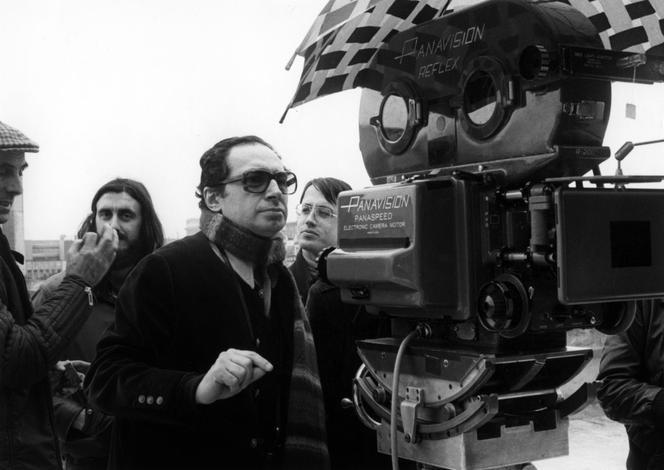


The creator of the film Cousin Cousine, which triumphed in the US, and former president of the Cinémathèque française, director Jean-Charles Tacchella died in his sleep on Thursday, August 29, in Versailles, aged 98.
Born on September 23, 1925, in Cherbourg, the son of a shipping agent of Italian origin, cinephile Tacchella came to Paris at the age of 19 to make his mark as a film critic. He joined L'Ecran Français, a weekly founded in 1945 and financed by the Communist Party and press groups originating from the Resistance. He soon distinguished himself as one of the only fervent defenders of American films, along with Roger Thérond (1924-2001), future editor-in-chief of Paris Match.
This was the Cold War era, but the debate was not just ideological: Tacchella was among those who contended that Alfred Hitchcock had a style, an assessment denied by his colleagues who saw only a money maker in the master of suspense. In 1948, he was one of the founders of Objectif 49, a film club designed to continue the debates initiated in magazines and to advocate the emergence of a new avant-garde, rather than screening films from the repertory. Along with others (Jean Cocteau, André Bazin), he deplored the fact that French cinema was corseted by administrative and union regulations.
In Alexandre Astruc's camp against that of Communist Louis Daquin, in André Bazin's against Georges Sadoul, he rubbed shoulders with Pierre Kast, Jacques Doniol-Valcroze and Roger Leenhardt, all militants of the formalist revival opposed by L'Ecran Français. With the activists of Objectif 49, cradle of the Nouvelle Vague, he created the Festival du Film Maudit ("Festival of the Cursed Film") in Biarritz in 1949, the first auteur film festival.
Uncomfortable in that pro-Stalinist, anti-Hollywood magazine, he was hired as a gagman by producer Pierre Braunberger (1905-1990). In 1949, the year L'Ecran Français passed under the control of Lettres Françaises, he founded Ciné Digest, a half-popular, half-intellectual magazine whose ambition was to allow free expression. It published Suzy Delair's memoirs and a technical analysis by film editor Henri Colpi.
Tachella began to turn towards the creative sphere. From 1955 to 1962, he worked as a screenwriter for Yves Ciampi, Christian-Jaque, Jean Dewever, Maurice Ronet and Alexandre Astruc; signed a short film in 1969; became a soap opera writer for television, and a playwright (three of his plays were performed at the Théâtre Mouffetard).
You have 45.75% of this article left to read. The rest is for subscribers only.
